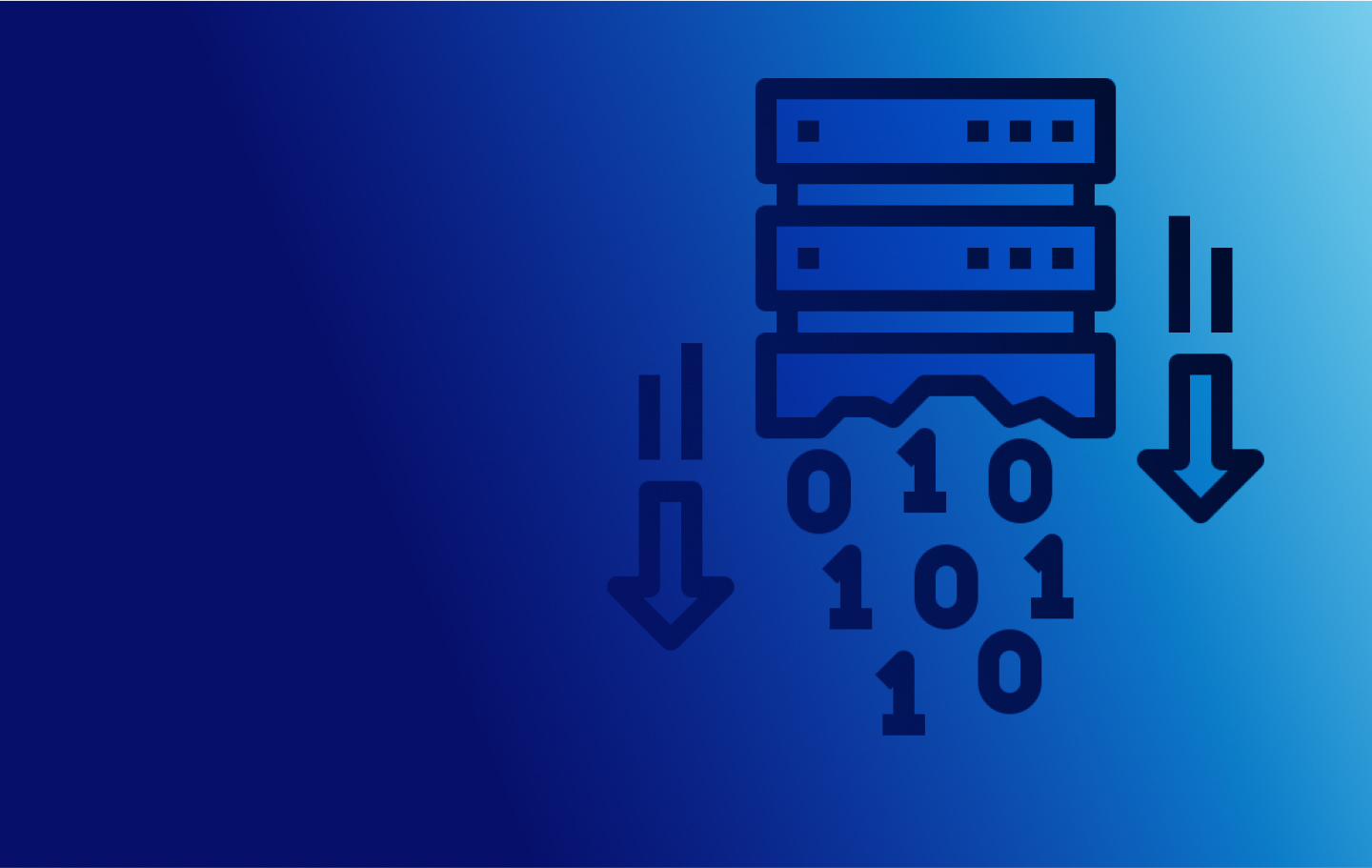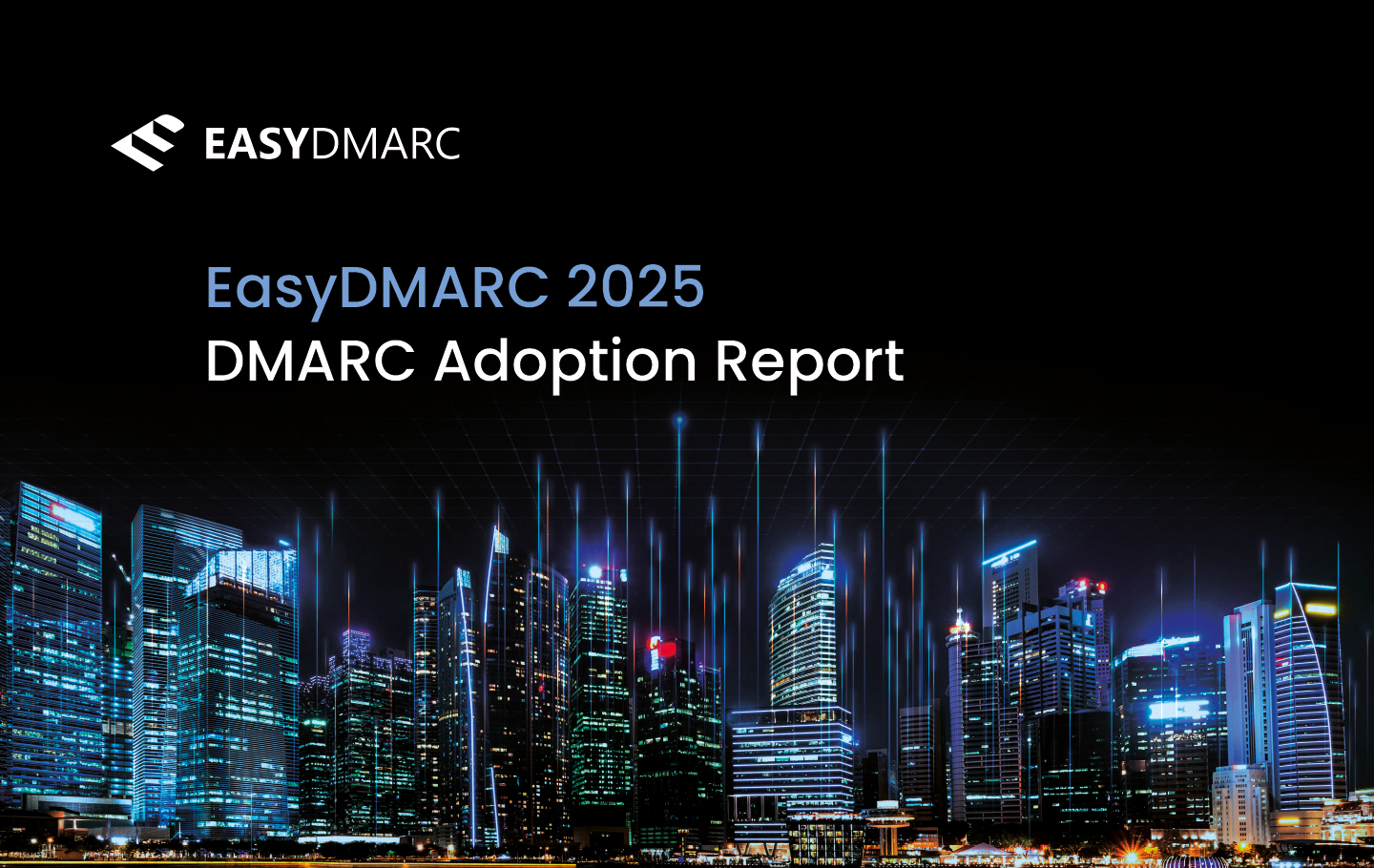Data loss is one of the most significant challenges many industries with an online presence have to face. It’s a dire situation that places your business in a tough spot, threatening the very continuation of operations as you know them. When cyber attackers are more proficient than ever, the direct impact of data loss goes beyond a mere annoyance.
Let’s take a look at the facts. With the average global breach cost around $3.62 million, 60% of small businesses go out of business six months after being hacked, according to the Cybercrime Magazine. It’s safe to say data loss can impact your business by destroying everything you built.
According to Boston Computing Network, even those who take proper security measures with backups are affected since 77% face backup failures. If anything, these statistics prove that no organization can afford to let their security protocols languish since the impact of data loss on business is real and dangerous.
So, what are some potential impacts of malware data loss and other breaches? Find out below so you can determine the best ways to prevent data loss in your company.
Damage in the Public Eye
The first impact of data loss is in the public eye. If you run a business that stores data from customers, partners, employees, and more, everyone will want to know how their data was affected after a cyberattack. Transparency is vital if you’re hit with a data breach attack, but the direct cost of data loss is felt in the drop of trust in the public eye.
According to a Forbes Insight Report, 46% of organizations suffered reputational damage after a data breach, while 19% suffered damages due to a third-party security breach.
Customers and partners may see you as an unreliable company from that moment, and in extreme cases, may even take legal action against your businessThe negative effect on your company’s reputation can drive away potential and existing clients alike.
Data loss prevention importance cannot be understated. Creating a solid DLP strategy is the best way to prevent breaches and keep your business reputation intact.
Partner and Vendor Relationships
The second most significant impact of data loss affects your relationships with established partners and vendors. Damaging such business alliances can result in canceled contracts, leading to revenue loss and even costly litigation.
Among the many costs of data loss, re-establishing a trusting relationship with your partners can take some time. The damage can be too much for them and not worth the risk in some instances. This means you’ll have to start over and get new partners. The same issue affects your vendors since they can opt-out of your services after a data breach.
Client Relationships
The impact of data loss on your clients can be just as costly. Your clients are the blood that flows through the veins of your business. If a cyberattack compromises their personal data, they can easily choose not to work with you anymore. These risks are too significant to dismiss.
In fact, some governments may even levy fines against your business for failing to comply with data protection regulations.
Protecting your clients is probably the best reason for data loss prevention adoption. A malicious actor can steal their personal information to sell on the dark web. The same attacker can use their credentials for phishing attacks. They can also access financial information to transfer funds or buy products with their credit cards. Clients affected by data breaches can even take legal action if they feel compromised.
Drop in Subscriptions
The impact of data loss on business is closely tied to revenue. If you offer services based on a subscription model, you can expect a drop in your services if news of a data breach gets out. People will find it hard to trust your company if you can’t keep data secure.
One of the worst cases of a data leak for subscription services happened to Sony back in 2011. A massive data breach leaked login information and payment info of nearly all PlayStation Network users.
PS3 sales were affected by the breach, while the drop of users on PSN wasn’t as significant since the company made amends by gifting users with free games. The company didn’t seem to learn its lesson since they were affected by a second data breach attack in 2014. Sony Pictures was affected by a leak of nearly 100 terabytes of data related to upcoming projects.
Sales Disruption
Most companies are data-driven these days. As such, they need data to operate and generate sales. When you face a data breach attack, the impact of data loss can affect your ability to sell products or secure successful conversions.
The infamous 2013 Target data breach saw sales plummet by 46% after 70 million customer records and 40 million credit and debit records were breached by cyberattackers.
Ultimately, the company paid an $18.5 million settlement but the data loss reportedly cost the franchise over $200 million. Besides reputational damage, the impact of data loss in this instance encompassed the drop and disruption of sales, costly remediation measures, and expensive settlements.
Employee Relationships
One of the lasting costs of data loss is your employee relationships. In the worst-case scenario, a trusted employee can be responsible for losing company data. Some data loss prevention best strategies are to keep your employees informed about the risks of data breaches and how they affect your business.
Currently, you can find plenty of seminaries, online educational training, and tools to keep your data secure. Make sure your employees are well aware of this information to avoid being the weakest link in your security strategy. Train staff to avoid common mistakes such as interacting with suspicious links or opening unknown attachments from emails they don’t know.
Final Thoughts
A cyberattack that restricts access to your data can tarnish your company’s reputation. It endangers the relationships with your business partners and vendors, limiting your ability to sell your products or offer your services. Now you know the average cost of data loss goes beyond the financial aspect implied at the moment you’re affected by a data breach attack.
The cost of data loss is directly related to the causes of data loss. The negative consequences include reputational damage, damaged employee, partner, vendor, and client relationships, and sales disruptions.
The responsibility of properly protecting company data falls on the shoulders of all your employees. Keep them involved in guarding your data by making them follow the best Data Loss Prevention procedures.


